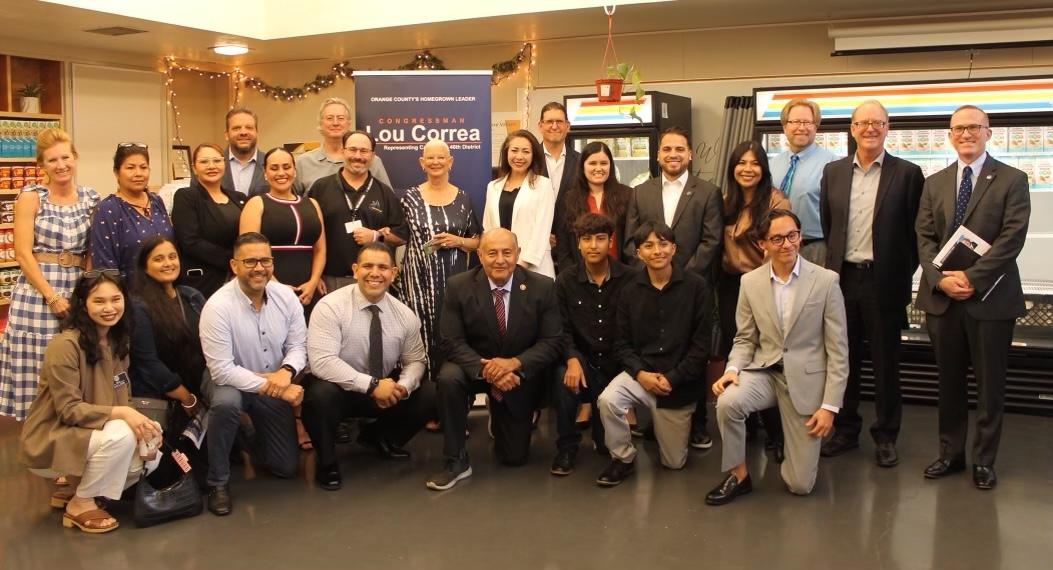U.S. House Rep. Lou Correa (D-Calif.) met with local leaders July 6 to discuss the upcoming Farm Reauthorization bill where parties sounded off on what they wish to see in the updated legislation, which determines how the nation’s agriculture and food programs are run and funded.
The legislation, which has been around since the 1930s to regulate and fund farming and agricultural practices and programs across the country, also decides where key funding for such will be allocated including via food stamps—now known as the Supplemental Nutritional Assistance Program (SNAP)—farming subsidies, and other agricultural and food-related programs.




